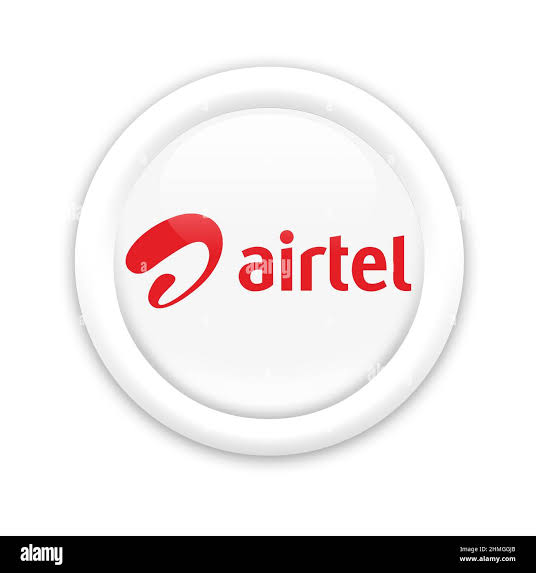
Airtel Nigeria, the country’s second-largest telecom provider, has announced a revision of its data pricing structure, with tariff increases of up to 50%, as detailed on its website Monday.
The price hike affects a variety of data bundles and is a response to the growing concerns about escalating operational costs in the industry.
Although Airtel has not yet issued an official statement, the price adjustments reflect the wider trend among telecom companies pushing for tariff reviews to counter the effects of inflation and foreign exchange instability. In addition to the data changes, Airtel, which has over 56 million subscribers, also raised its voice call tariffs over the weekend.
A senior Airtel official confirmed the price changes in an interview with The PUNCH, explaining that the hikes were driven by increasing operational costs. “Yes, we have updated data prices today, and they are available on our website. However, the increase is not up to 50 percent,” the official clarified.
Airtel assured customers that its services remain affordable, stating, “Whatever your data needs are, we have a plan for you. Our fast, affordable, and reliable internet experience will keep you connected anytime, anywhere. To get started, Dial *312#.”
The updated daily and weekly data plans include options such as N50 for 40MB (valid for 1 day), N100 for 100MB (valid for 1 day), N200 for 200MB (valid for 3 days), N350 for 1GB (valid for 1 day), N350 for 350MB (valid for 7 days), and N500 for 750MB with 1GB YouTube Night and 200MB YouTube Music/Spotify (valid for 7 days), among others.
Meanwhile, MTN, Nigeria’s largest telecom operator, has also raised its data and call tariffs, in line with the Nigerian Communications Commission (NCC) approval. These changes, implemented over the past week, have resulted in higher charges for calls, SMS, and internet usage.
Both companies’ moves come as telecom operators continue to deal with inflation, exchange rate fluctuations, and the increasing costs of network expansion. While these tariff adjustments aim to support long-term service quality improvements, consumers may face greater financial pressure as communication costs rise.
Advertisement







